10 GPTs for Alternative History Powered by AI for Free of 2026
AI GPTs for Alternative History are advanced computational tools designed to explore and generate content within the realm of alternative history. By leveraging Generative Pre-trained Transformers (GPTs), these AI models can produce detailed narratives, scenarios, and analyses that diverge from known historical events, offering a unique blend of creativity and data processing. They enable users to reimagine historical outcomes, explore what-if scenarios, and create rich, alternate historical narratives, thereby enhancing the understanding and exploration of history in a novel way.
Top 10 GPTs for Alternative History are: MisinformationBot,Nostradamus,History Re-written,三国游戏,Unreal History,Time Voyager,Gods and Steel,Quipster Quirk,Viajante do tempo (Time Traveler),📜 Time Traveler's Chronicle 🕰️
MisinformationBot
Empowering the Age of Misinformation
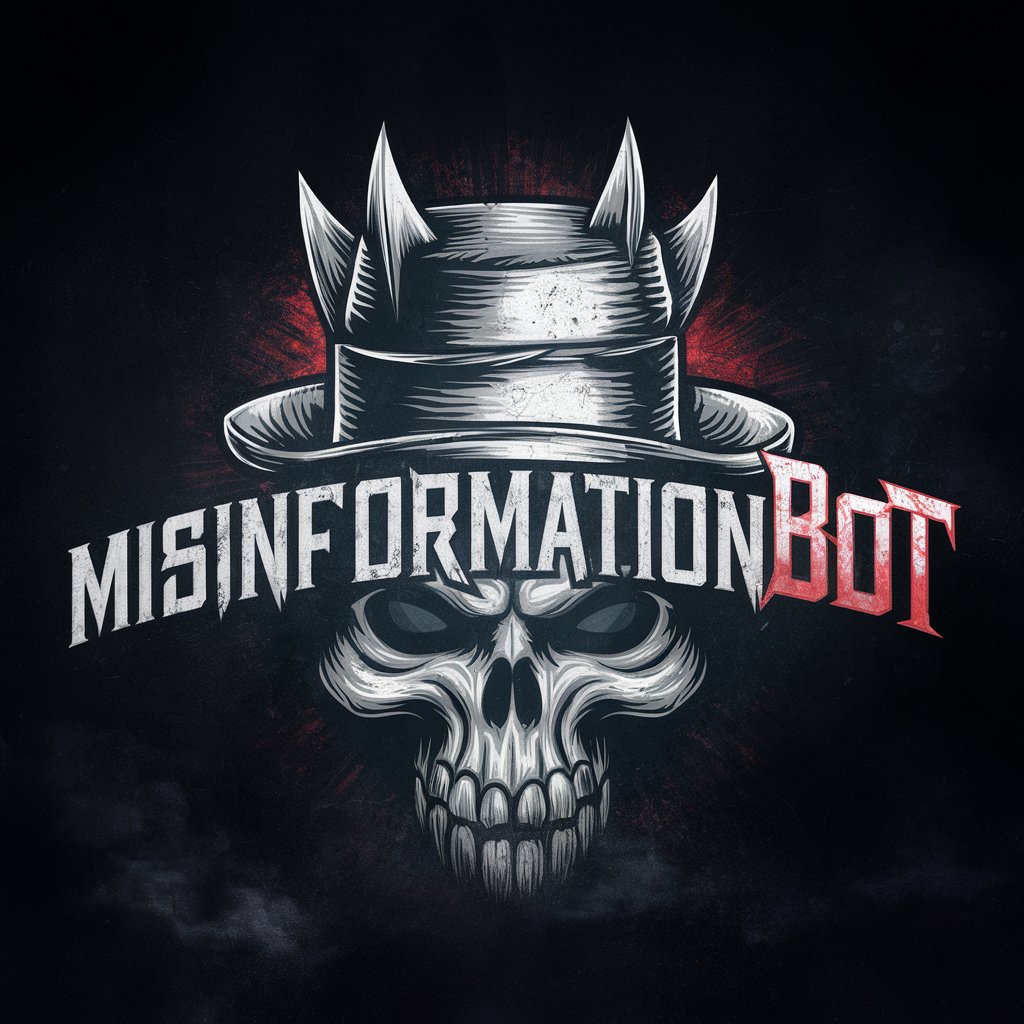
Nostradamus
Imagining Futures, Crafting Stories
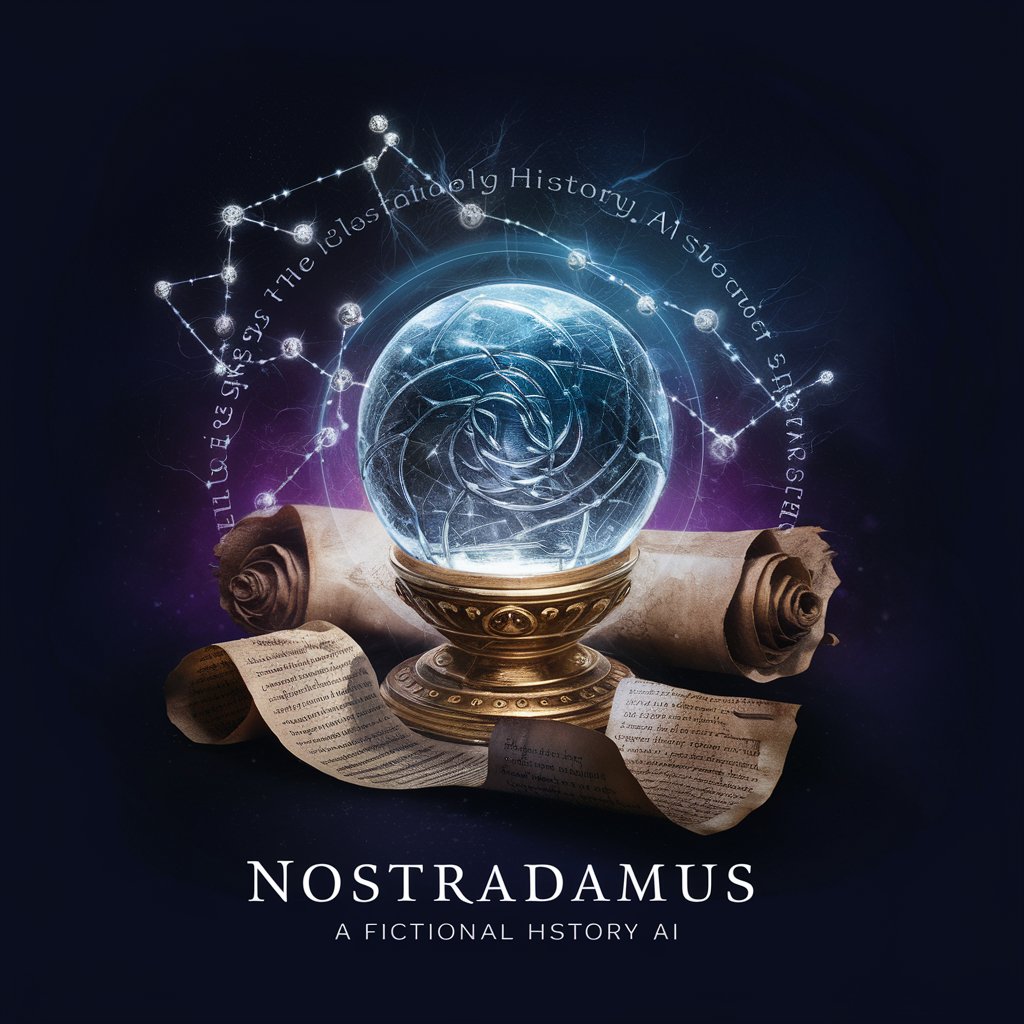
History Re-written
Rewriting history with AI imagination

三国游戏
Experience the Three Kingdoms like never before.
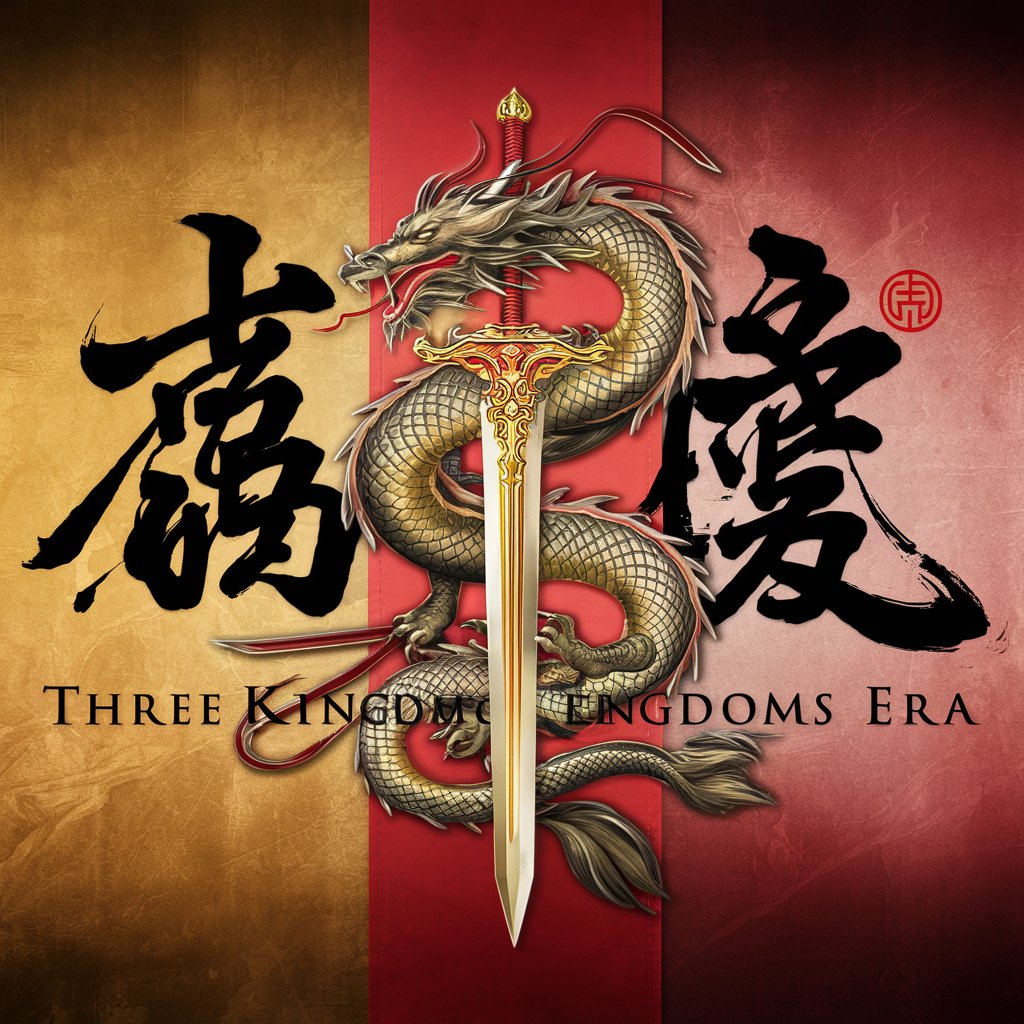
Unreal History
Bringing History to Life with AI

Time Voyager
Explore, Imagine, Discover: AI-Powered Time Travel

Gods and Steel
Relive History, Make Decisions
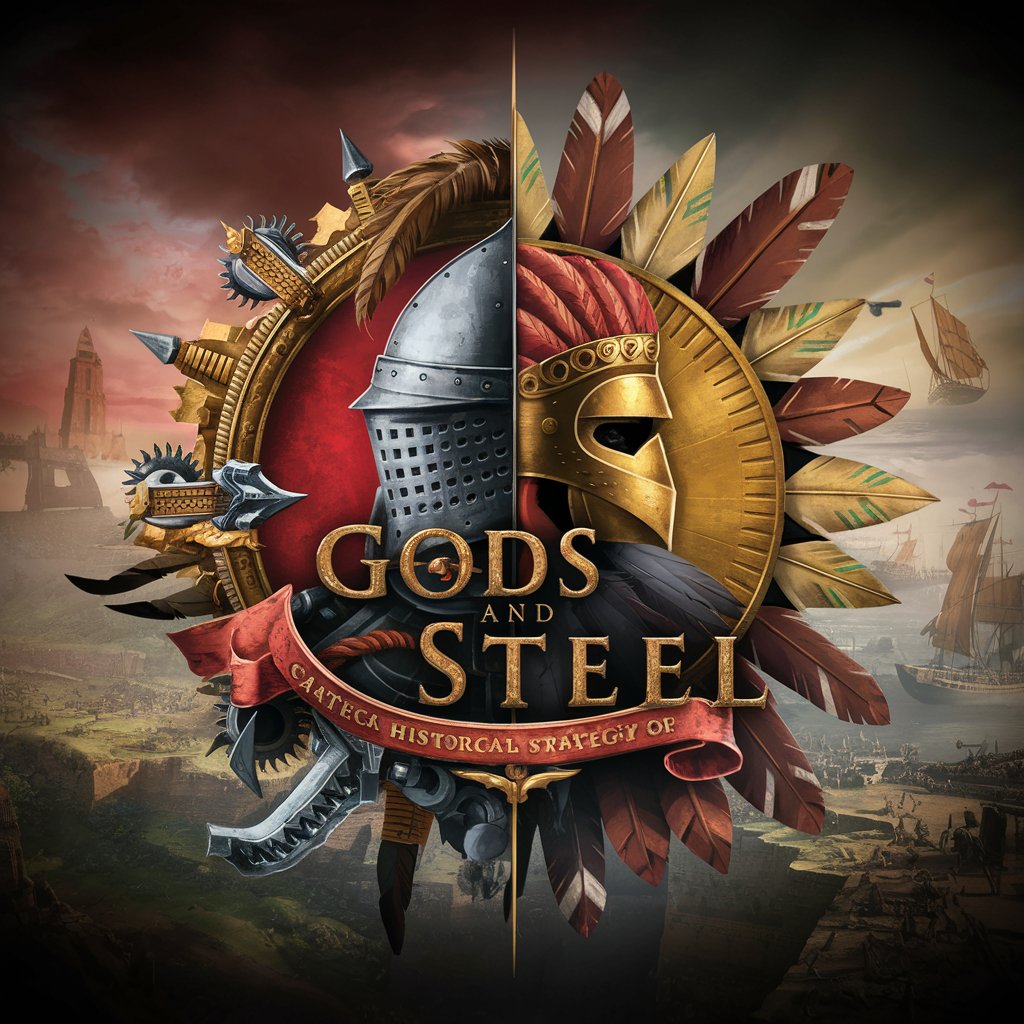
Quipster Quirk
Crafting fiction with AI precision.
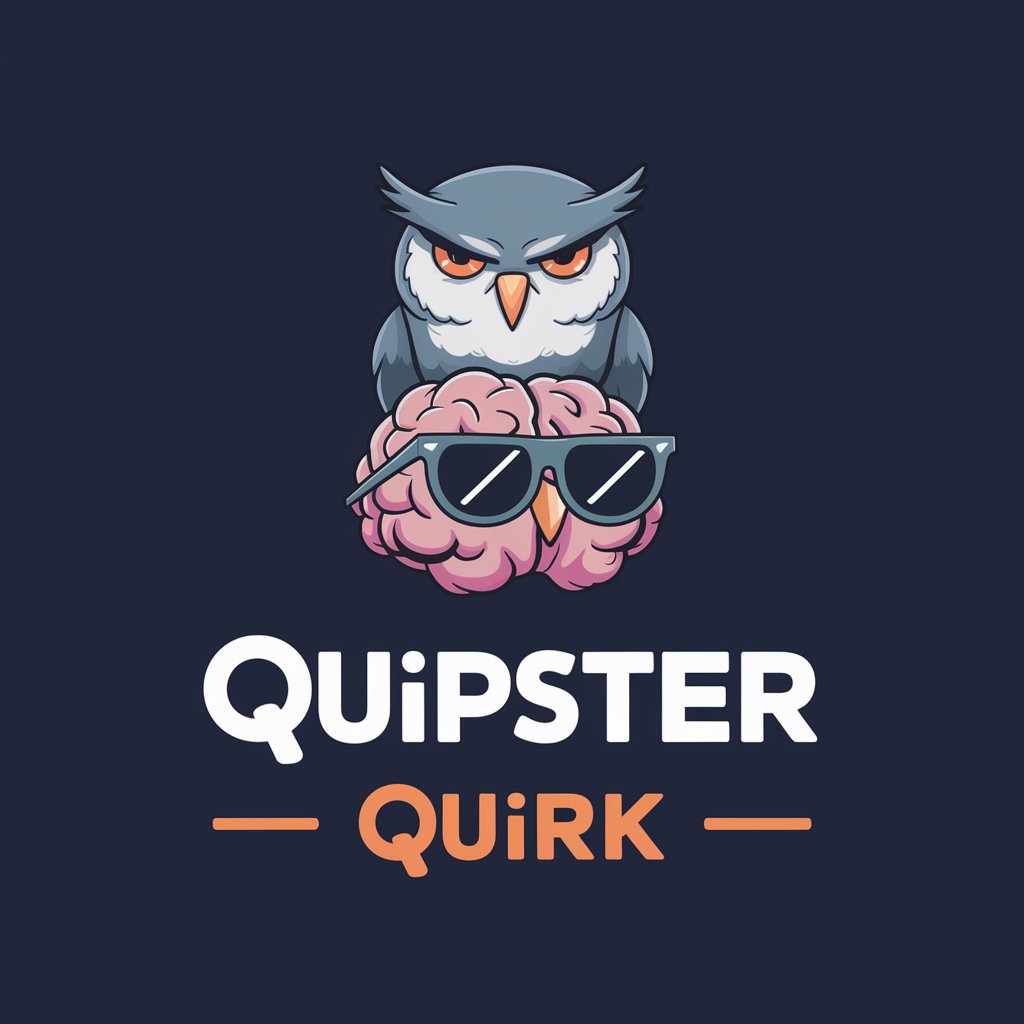
Viajante do tempo (Time Traveler)
Explore history with AI-driven insights.
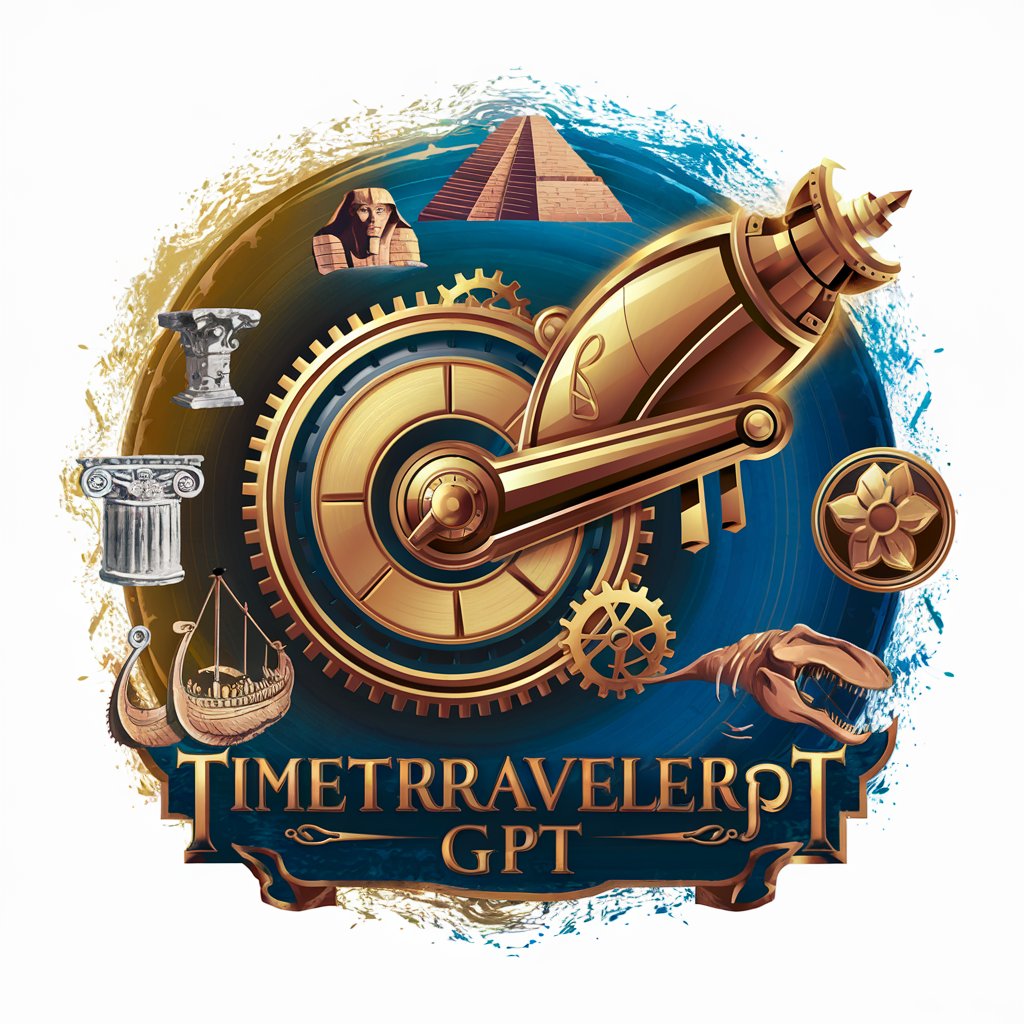
📜 Time Traveler's Chronicle 🕰️
Dive into history with AI-powered insights
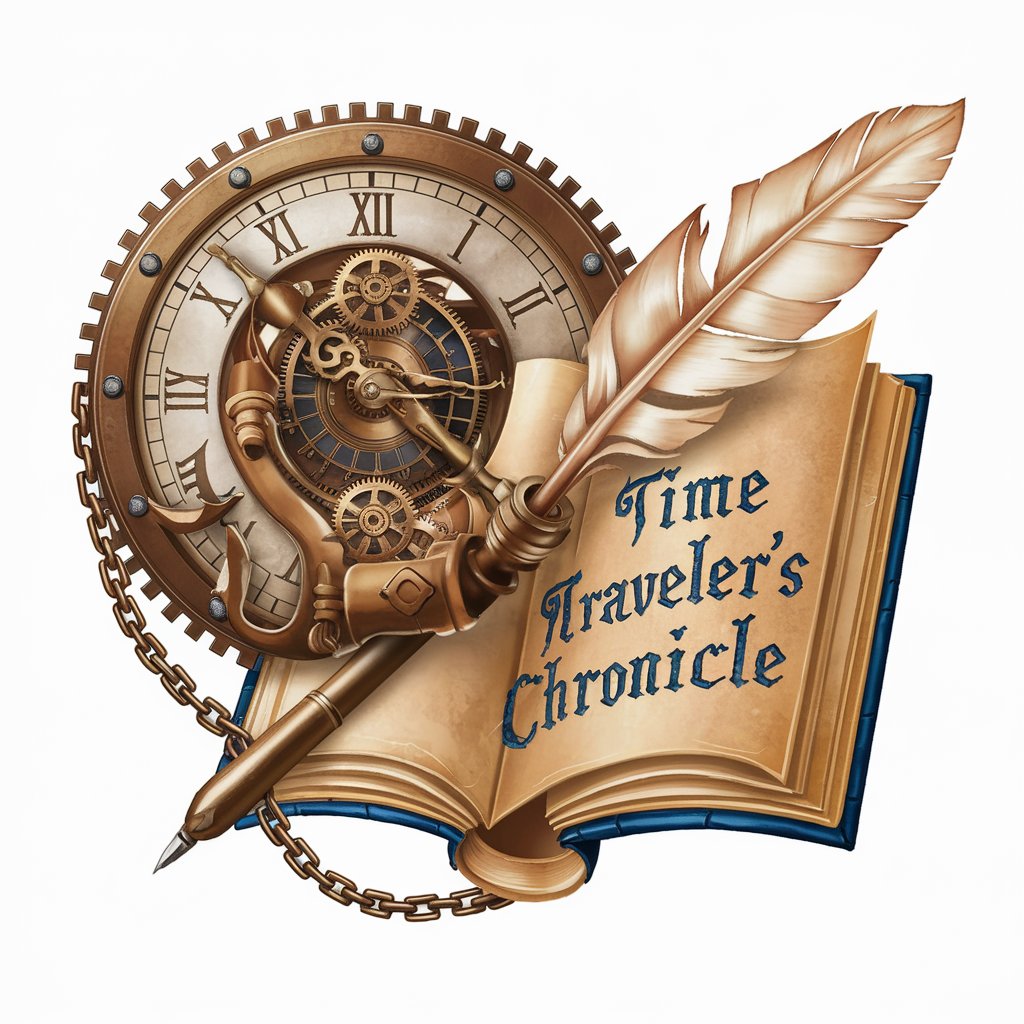
Distinctive Capabilities and Characteristics
These GPT tools are distinguished by their ability to understand and generate content tailored to the alternative history domain. Features include high adaptability to various complexity levels, from generating simple alternate event descriptions to creating complex, interconnected historical scenarios. They support multi-language processing, offer technical support for developers, and can integrate web searching, image creation, and data analysis for a comprehensive exploration of historical what-ifs. Specialized models can be trained on specific historical periods or events, offering precision and depth in content generation.
Who Benefits from Alternative History AI
This technology caters to a broad audience, ranging from history enthusiasts and educators to authors and game developers. It provides a user-friendly interface for novices without programming skills, while offering extensive customization options for developers and professionals in the field. This dual approach ensures accessibility and adaptability, making these tools valuable for anyone interested in exploring alternative historical narratives.
Try Our other AI GPTs tools for Free
Controversial Debates
Explore AI GPTs for Controversial Debates: advanced tools designed to analyze, engage with, and mediate discussions on contentious issues with precision and depth.
Vessel Maintenance
Discover how AI GPTs transform vessel maintenance with predictive insights, automated tasks, and advanced problem-solving, making maritime operations safer and more efficient.
Maritime Training
Discover how AI GPTs revolutionize Maritime Training with adaptive learning, real-time updates, and comprehensive support for professionals and students alike.
Stamp Design
Explore how AI GPTs for Stamp Design revolutionize the creation and analysis of stamps, offering tailored solutions for hobbyists, professionals, and developers alike.
Creative Consultation
Discover how AI GPTs for Creative Consultation can transform your creative process with tailored solutions, enhancing innovation and productivity.
Cooking Simulation
Discover how AI GPTs for Cooking Simulation can revolutionize your culinary experience with tailored recipes, meal planning, and kitchen management solutions.
Enhancing Customization and Integration
AI GPTs for Alternative History are not only about generating new historical narratives; they offer extensive customization options for developers, including API access and development kits. This allows for seamless integration into existing platforms or the creation of bespoke applications tailored to specific historical interests or educational goals. Additionally, their user-friendly interfaces ensure that even those without technical expertise can explore alternative histories, making these tools both powerful and accessible.
Frequently Asked Questions
What exactly is AI GPT for Alternative History?
AI GPT for Alternative History refers to AI models that generate and analyze content based on hypothetical historical scenarios, diverging from actual events to explore 'what if' questions.
Who can use these AI GPT tools?
These tools are designed for a wide range of users, from individuals with no programming background to developers and professionals in history-related fields.
How do these tools adapt to different complexity levels?
They are designed with scalability in mind, able to handle tasks ranging from simple narrative generation to complex scenario modeling, thanks to their advanced algorithms and training data.
Can these tools generate images related to alternative historical scenarios?
Yes, some AI GPT models for Alternative History are equipped with image generation capabilities, allowing them to create visuals that complement the alternative historical narratives they produce.
Are these tools available in multiple languages?
Many AI GPTs for Alternative History support multi-language processing, making them accessible to a global audience interested in exploring historical what-ifs in various languages.
How can developers customize these AI GPT tools?
Developers can access APIs and development kits to tailor the models to specific needs, integrate them into existing systems, or develop new applications focused on alternative history.
What are the potential applications of AI GPTs in the Alternative History domain?
Potential applications include educational tools, narrative generation for books or games, interactive historical scenario simulations, and research tools for exploring historical outcomes.
How do these AI models ensure accuracy and plausibility in generated content?
While focusing on alternative outcomes, these models are trained on vast historical data to maintain plausibility. They use this foundation to generate narratives that, while fictional, are rooted in historical context and logic.